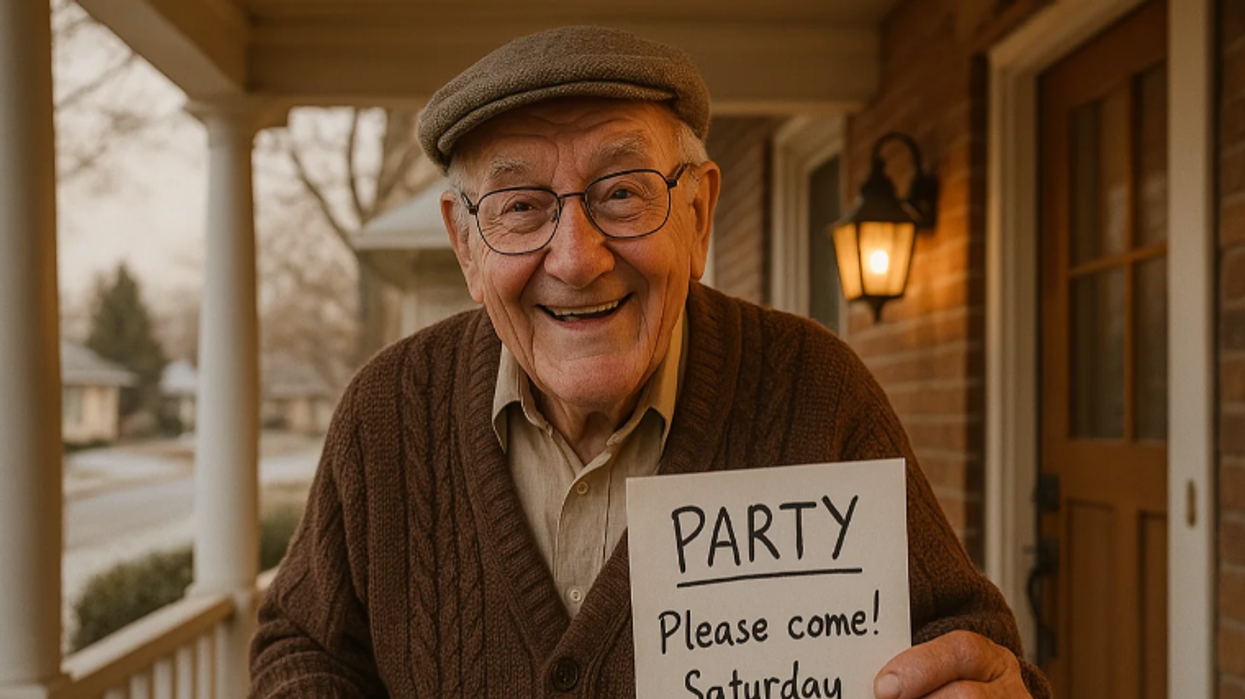A beautiful blend of talent, courage, and classical music left Rome Airport travelers in awe when a 10-year-old violin prodigy, Yeonah Kim (@yeonah_kim_violin on Instagram), performed an impromptu duet with pianist Julien Cohen. The duo’s breathtaking rendition of Vivaldi’s “Summer” turned the airport’s Terminal 1 into an unexpected concert hall, captivating both onlookers and millions of viewers online.

The now-viral performance began when Yeonah, a young violinist from South Korea, approached Cohen, a seasoned pianist and internet sensation, while he played a public piano. At first, Cohen was skeptical about the young girl’s request to play the challenging Vivaldi piece alongside him. “She wants to play Vivaldi?” Cohen asked, raising an eyebrow. When Yeonah confidently replied, “Yes,” his hesitation quickly turned into astonishment.
"This is one of the most difficult pieces ever! And she can play it perfectly at this age." — @juliencohen_piano
A magical moment in Terminal 1
As the crowd gathered around, the duo began their performance, communicating effortlessly with eye contact and subtle cues.
Yeonah played her violin with incredible speed, precision, and emotional depth, perfectly complementing Cohen’s piano accompaniment. Travelers paused to witness the young girl’s exceptional skills, their stunned reactions captured in a video that has since garnered over 21.2 million views on social media.
One traveler, overheard in the video, described the experience as “goosebump-worthy,” while others took out their phones to document the once-in-a-lifetime moment. A comment on the viral clip summed up the public’s amazement: “No matter how good you do it, there’s always going to be an Asian kid who does it 1000 times better than you,” wrote Instagram user @rhk_valenzz.
Cohen later shared the video on his social media, praising Yeonah for her extraordinary talent. “A 10-year-old violin child prodigy played Vivaldi’s ‘Summer’ with me at Rome Airport! It was a crazy and beautiful moment,” he wrote, adding that her technical mastery and emotional expression were far beyond her years.
"I'm sorry for breathing the same air." — @natali_torosyann
The story behind the prodigies
Cohen, a Paris-born pianist with over 3.29 million YouTube subscribers, has made a name for himself with impromptu duets in public spaces. His collaborations often feature surprising musical partners, but none have captured hearts quite like Yeonah.
Yeonah, on the other hand, is a rising star in the classical music world. Born in Seoul, South Korea, she began studying the violin at age 4. A long-term student of renowned violinist Sunny Lee, Yeonah has already achieved international acclaim, including winning first place at the Zhuhai International Mozart Competition for Young Musicians in 2023. Her performances across Europe have earned her a dedicated following, with 15.4K YouTube subscribers and 245K Instagram followers.
A performance that inspired millions
The airport performance is not just a viral sensation but a testament to how fun music can be when bringing people together in unexpected ways. As one commenter put it, “These moments remind us of what pure joy and raw talent look like.”
Want to experience Yeonah’s brilliance for yourself? You can follow her on Instagram (@yeonah_kim_violin) and subscribe to her YouTube channel, where she regularly shares stunning performances. Cohen’s captivating duets and solo performances can also be found on his YouTube channel (@juliencohen_piano), offering a treasure trove of musical magic.





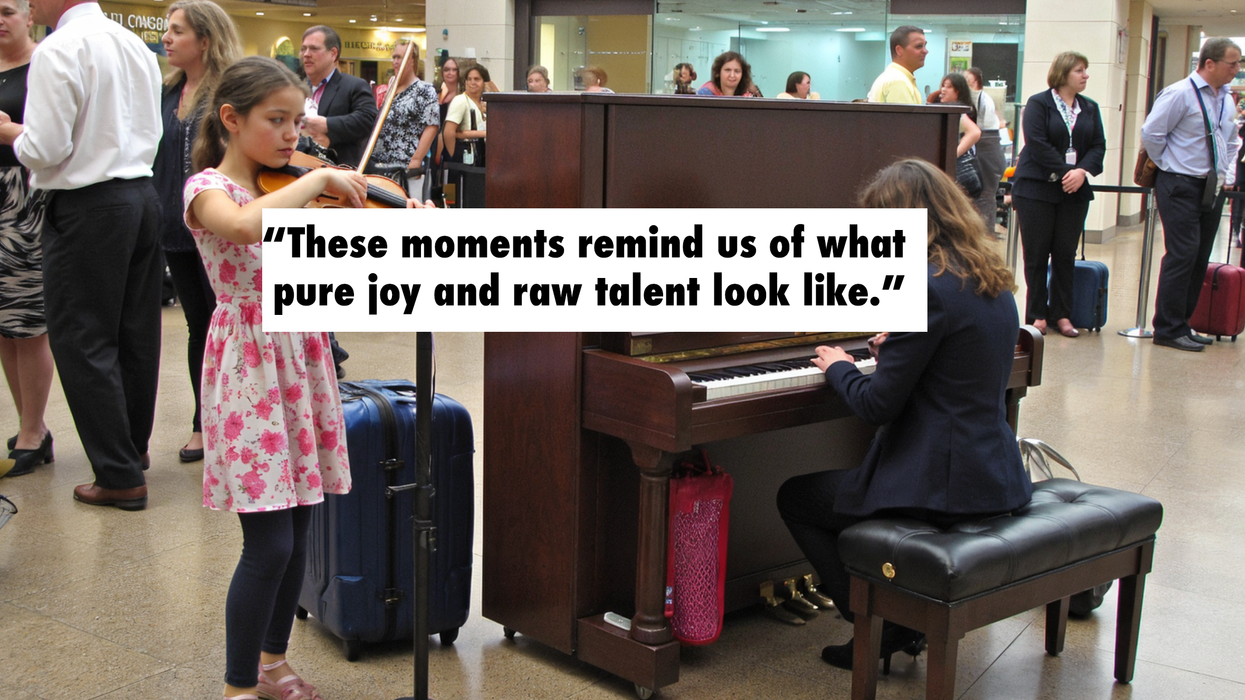







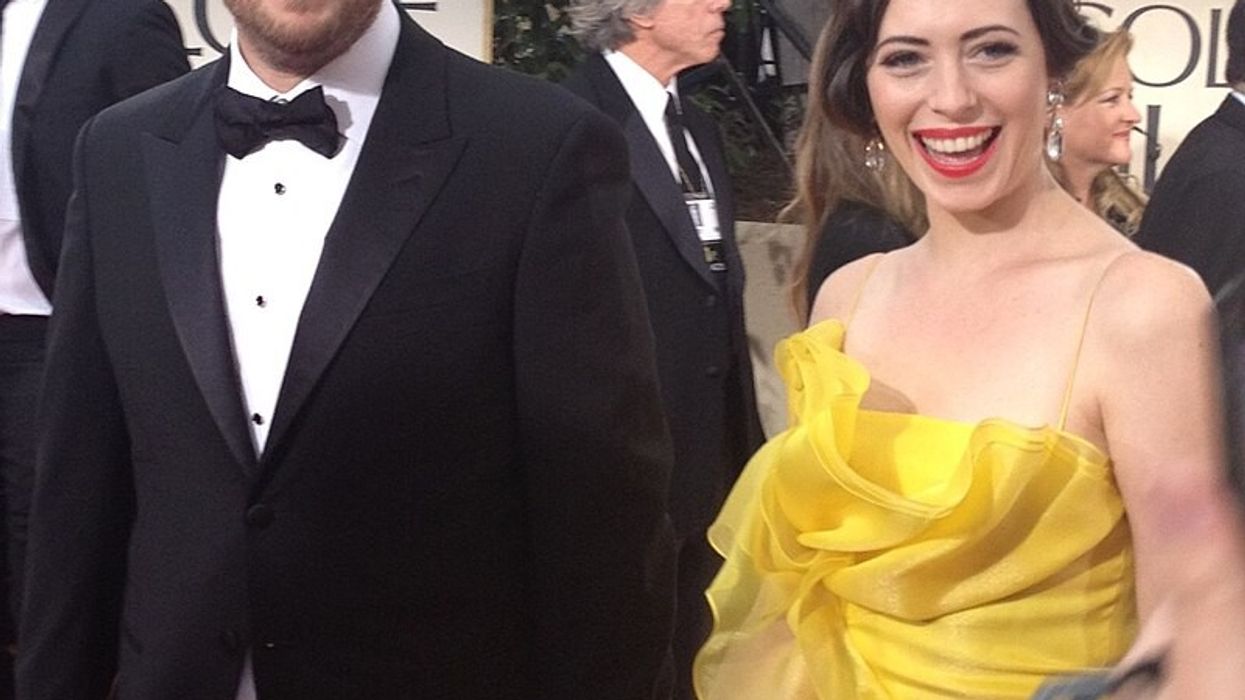




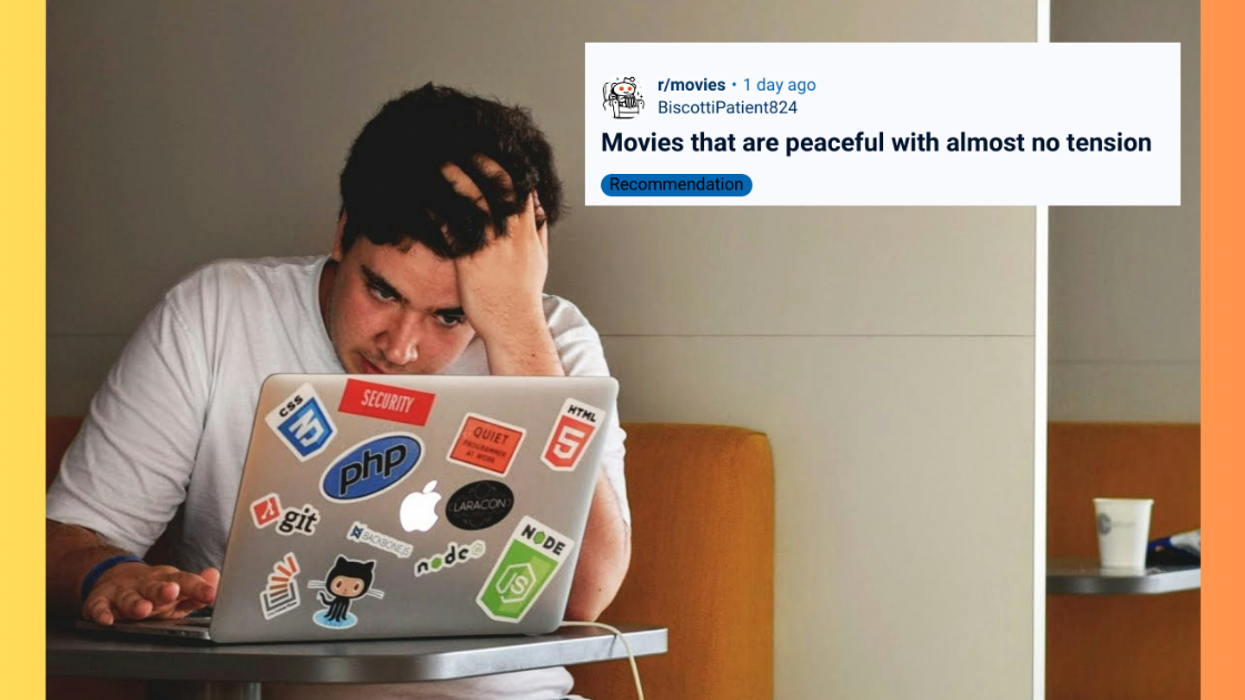



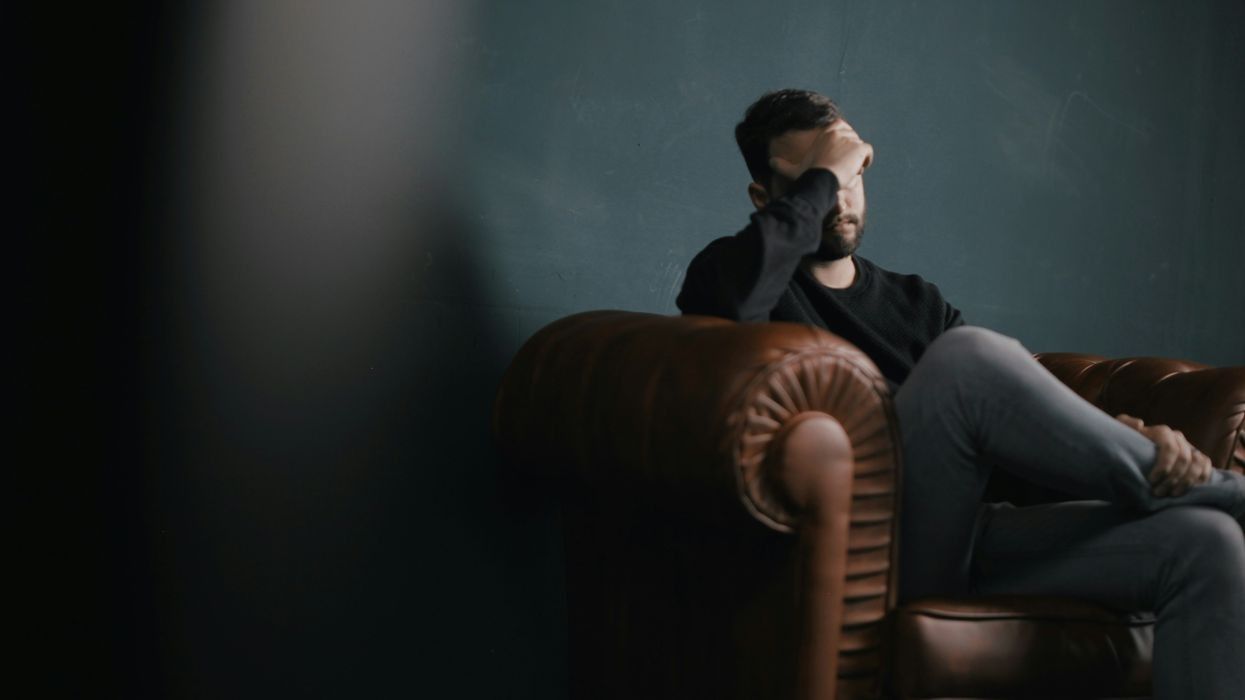



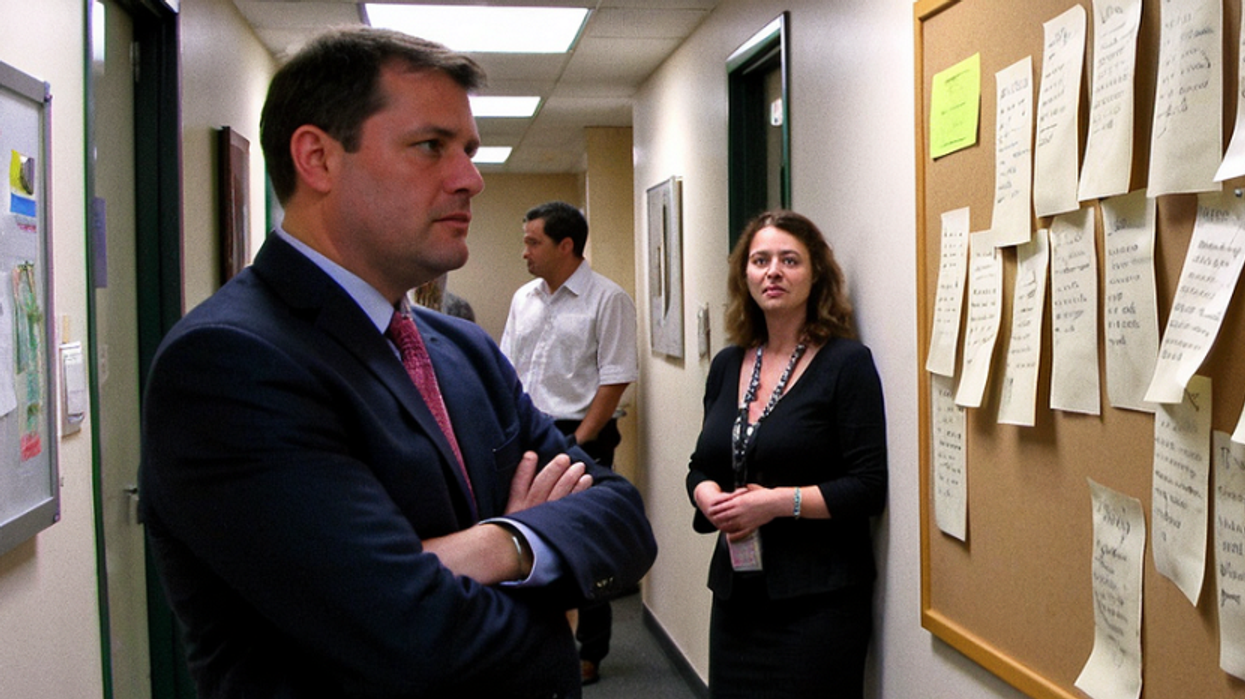
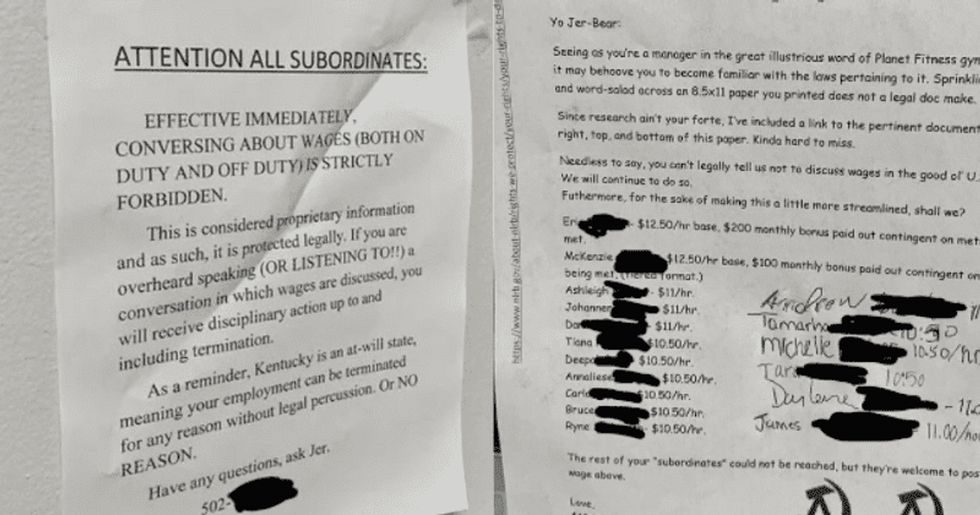 Image Source: Joshua Potash | Reddit
Image Source: Joshua Potash | Reddit 

